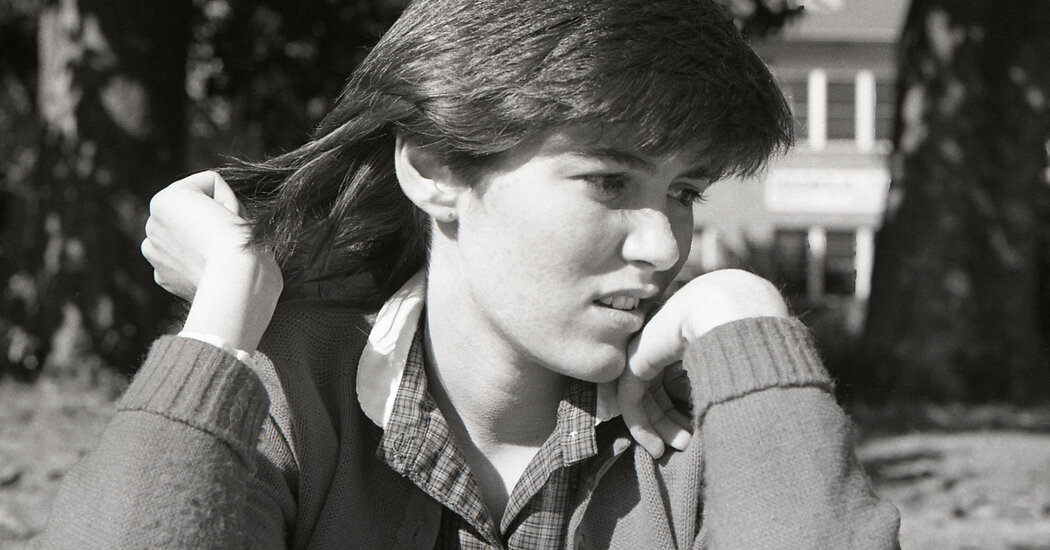
I feel lucky to have gotten to 60 despite a genetic propensity for cancer; despite the lingering effects of Covid, which will apparently dog me for the rest of my life; despite having survived other infections — strep, pneumonia — that might have killed me if not for the pure luck of being born after the invention of antibiotics. Many infectious diseases that used to kill people by the millions I never even had to worry about because I was lucky enough to have been born after the widespread availability of vaccines.
Sorrow in the face of aging would be a poor response to such good fortune.
Thanks to that immense, unwarranted luck, I have lived long enough to be surrounded by the truest possible friends. Sixty years have given me time to learn that true friendship comes not from proximity — attending the same schools or belonging to the same church or having children the same age or voting for the same political candidates. Friendship is forged across time, through good fortune and tragedy alike, and true friends are those who keep on loving one another even when it isn’t convenient, and even when they don’t always agree.
I have lived long enough to have learned, too, that what is beautiful and joyful is almost always fleeting and must never be squandered. That rejection rarely bears any relationship to worth. That whatever else might separate us, sharing a love for “Ted Lasso” is enough common ground to start the harder conversations. That life is too short to wear uncomfortable shoes.
These are the same lessons the pandemic ought to have taught us, a life-and-death recognition of what truly matters. I can still hardly believe it did not.
Maybe wisdom is just too much to ask of a culture in the grip of collective trauma. Maybe wisdom can be acquired only with time, even if time by itself is no guarantee. “Thou shouldst not have been old till thou hadst been wise,” the Fool tells King Lear. So might he say to many of the old men now holding public office, and even more loudly to those no longer in office but still desperate to pull the levers of power.
A lifelong friend, one who will also turn 60 this year, sent me an email on my birthday. Her message contained a passage from “The Flower,” a poem by George Herbert: “Grief melts away / Like snow in May, / As if there were no such cold thing. / Who would have thought my shriveled heart / Could have recovered greenness?”
Who would have thought, indeed? But given enough time, we do go on, somehow. Like the stems and branches of springtime, our shriveled hearts can recover greenness, too. “And now in age I bud again,” Herbert wrote, and so it is with us.




